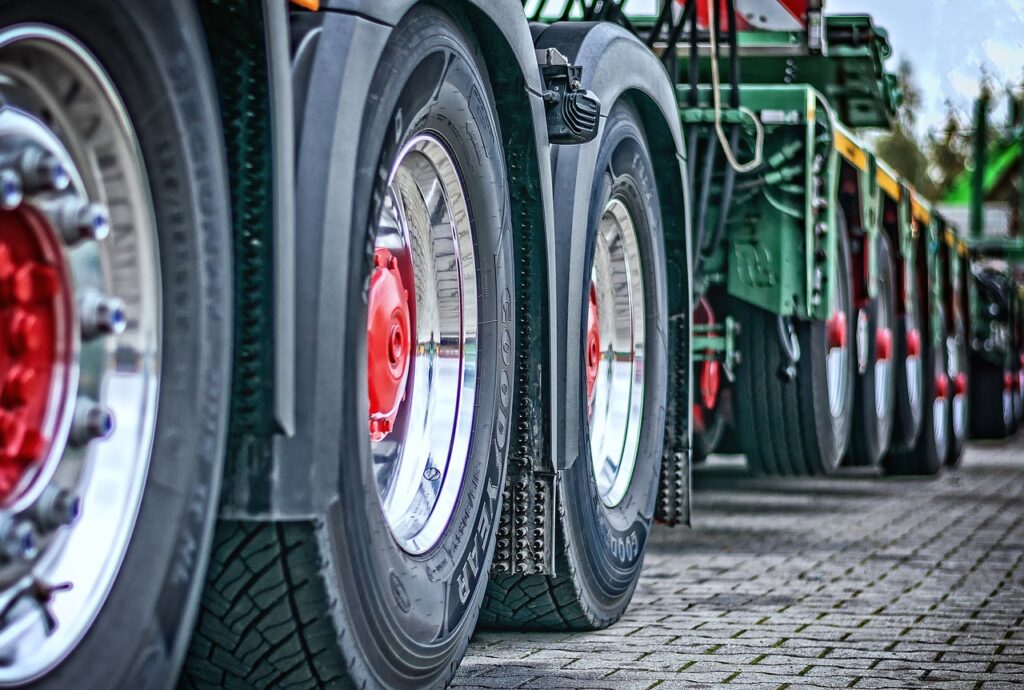The energy company Enagás and the transport company Disfrimur have joined forces to promote the decarbonization of heavy road transport using hydrogen.
This partnership, which includes the Enagás subsidiary Scale Gas, is focused on managing hydrogen supply projects through a network of hydrogen stations to power Disfrimur’s fleet of heavy transport vehicles with renewable hydrogen.
The renewed collaboration was highlighted at the Green Gas Mobility Summit, a key event in the mobility sector. Enagás’ executive director, Arturo Gonzalo, and Disfrimur’s general director, Juan Jesús Sánchez Serrano, emphasized the importance of this partnership in opening new avenues for cooperation in decarbonizing heavy transport. The goal is to leverage hydrogen technology to reduce the carbon footprint of heavy vehicles, an industry segment notorious for its high emissions.
The use of hydrogen as a fuel for heavy transport vehicles is gaining traction as a viable alternative to traditional fossil fuels. Hydrogen-powered vehicles emit only water vapor, making them a clean option compared to diesel engines. However, the technology faces several challenges, including high production costs, limited refueling infrastructure, and the need for advancements in fuel cell efficiency.
In Europe, various initiatives are underway to support hydrogen fuel in transportation. For example, the European Union has set ambitious targets for hydrogen technology development as part of its Hydrogen Strategy, aiming for 6 GW of renewable hydrogen electrolysers by 2024 and 40 GW by 2030. Enagás and Disfrimur’s project fits within this broader context but must be evaluated against these significant industry benchmarks.
One of the critical components of the Enagás-Disfrimur collaboration is the establishment of a robust network of hydrogen refueling stations. Scale Gas, a subsidiary of Enagás, is tasked with managing these projects. However, the current infrastructure for hydrogen refueling in Europe is still in its infancy. According to the Hydrogen Council, there are fewer than 500 hydrogen refueling stations globally, with a substantial number concentrated in a few countries like Germany and Japan. Expanding this infrastructure is crucial for the widespread adoption of hydrogen in heavy transport.
The economic aspect of hydrogen adoption is another significant challenge. Hydrogen production, especially green hydrogen derived from renewable sources, remains expensive. The International Energy Agency (IEA) estimates that green hydrogen can cost between $3 to $7.50 per kilogram, which is higher than the cost of diesel. For hydrogen to be competitive, substantial investments and technological advancements are required to lower production costs.
Disfrimur’s Invisible Transport project aims to measure, reduce, and offset CO2 emissions to ensure a minimal environmental impact. This initiative is commendable as it aligns with global efforts to achieve net-zero emissions. However, the effectiveness of this project will depend heavily on the successful integration and scalability of hydrogen technology within their fleet.





